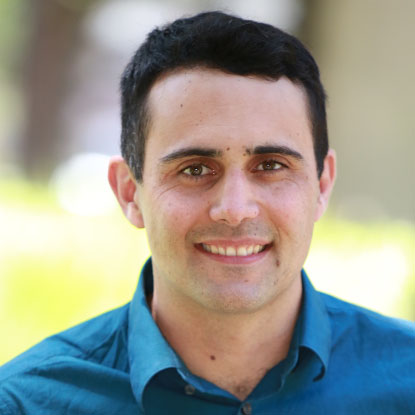Contact Information
- Bollier 033
Mondays Wednesdays and Fridays, 8-10 a.m.
(Spring 2025)- (509) 313-3552
- shimabuku@gonzaga.edu
Education & Curriculum Vitae
Ph.D., Civil Engineering, University of Colorado Boulder (2017)
M.S., Civil Engineering, University of Colorado Boulder (2013)
B.S., Civil Engineering, San Diego State University (2008)

